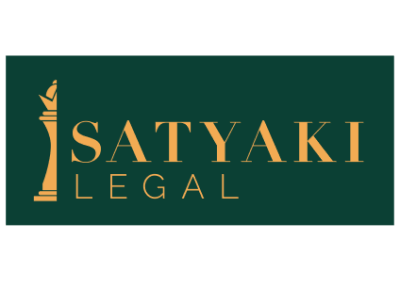 “Mindless habitual behaviour is the enemy of innovation.”- Rosabeth Moss Kanter
“Mindless habitual behaviour is the enemy of innovation.”- Rosabeth Moss Kanter
Grant of a patent is a monopoly right given exclusively to an inventor for a limited period of time. Such an invention should be new, non- obvious, and a useful product or process. In the Indian regime, patents are granted for a maximum term of 20 years. On expiration, the invention enters into the public domain, which is free for use, manufacture, sale, or import.
In order to extend the right beyond the term granted, the patentees, and most often the pharmaceutical companies, make insignificant variations to the existing patented invention and file for a new patent. This is known as the evergreening of a patent.
The Indian Patents Act of 1970, under section 3(d) states that the “mere discovery of a new form of a known substance which does not result in the enhancement of the known efficacy of that substance or the mere discovery of any new property or new use for a known substance or of the mere use of a known process, machine or apparatus unless such known process results in a new product or employs at least one new reactant”, is not patentable. This provision was enacted with the idea of resisting the evergreening of patents.
Johnson and Johnson case: revocation of the Bedaquiline patent
About Bedaquiline
Bedaquiline is an anti-mycobacterial medicine which works by killing the bacteria that causes multi- drug resistant tuberculosis (MDR-TB). Bedaquiline treats MDR-TB most effectively;
with minimal side-effects as compared to the existing drugs such as Kanamycin known to cause kidney damage and permanent hearing loss.
It is due to the introduction of Bedaquiline, which is also an oral medicine, that shorter courses of treatment of MDR-TB were developed. This increased the chances of people completing their treatment and preventing more cases of MDR-TB. Consequently, the World Health Organisation included Bedaquiline as the core drug in treatment of MDR-TB. However, its higher costs and limited availability is a challenge.
Feeble Attempt of J&J to retain Monopoly
Johnson and Johnson’s (J&J) primary patent of Bedaquiline and “its salts, isomers and enantiomers” will expire in July 2023.
To extend its monopoly to December 2027, J&J had initially filed the secondary patent based only on the fumerate salt. After opposition on the grounds of evergreening was filed by the Network of Maharashtra People Living with HIV in 2013, the patent was changed to fumerate salt along with a wetting agent.
In 2019, an opposition was filed by TB survivors – Nandita Venkatesan and Phumeza Tisle – on the grounds that the primary patent already disclosed fumerate salt; and the wetting agent hadn’t demonstrated enhanced efficacy of the medicine.
J&J’s secondary patent application was thus rejected as the claimed compounds were mere admixtures, resulting in mere aggregation of properties and not a new invention under the Patents Act.
Conclusion: economic advantage v therapeutic advantage
“When you evergreen something, you are not looking at any significant therapeutic advantage. You are looking at a company’s economic advantage.”- Dr Joel Lexchin
In the pharmaceutical trade, when companies try to perpetuate the patent by evergreening, they aren’t trying to improve people’s health. Thus, blocking patent evergreening would help in keeping the price of essential and life-saving drugs within the reach of common people in developing and underdeveloped countries.
The Pharma Companies however believe that they are trying to protect their markets so they can further invest in R&D. It is also argued that even if they make a modification to a drug, doctors can still prescribe the generic version of the older product.
In the current scenario, Bedaquiline became available in India under the government’s TB programme in 2015, but with a minimum six-month course costing Rs 21,000 per person, availability remained an issue.
If the companies will be allowed to manufacture generic versions of the medicine after July 2023, not only would there be an increased availability of the medicine but the prices are also expected to drop by up to 80%. Such a reduction in price would make it easier for the government to procure medicine for the national program, improve its access in smaller cities. The medicine then could also be allowed at private hospitals with good TB centers.
Written by Arushi Gupta, Founder & Managing Partner, Satyaki Legal
| MORE NEWS | | WRITE FOR OUR NEWSLETTER |











